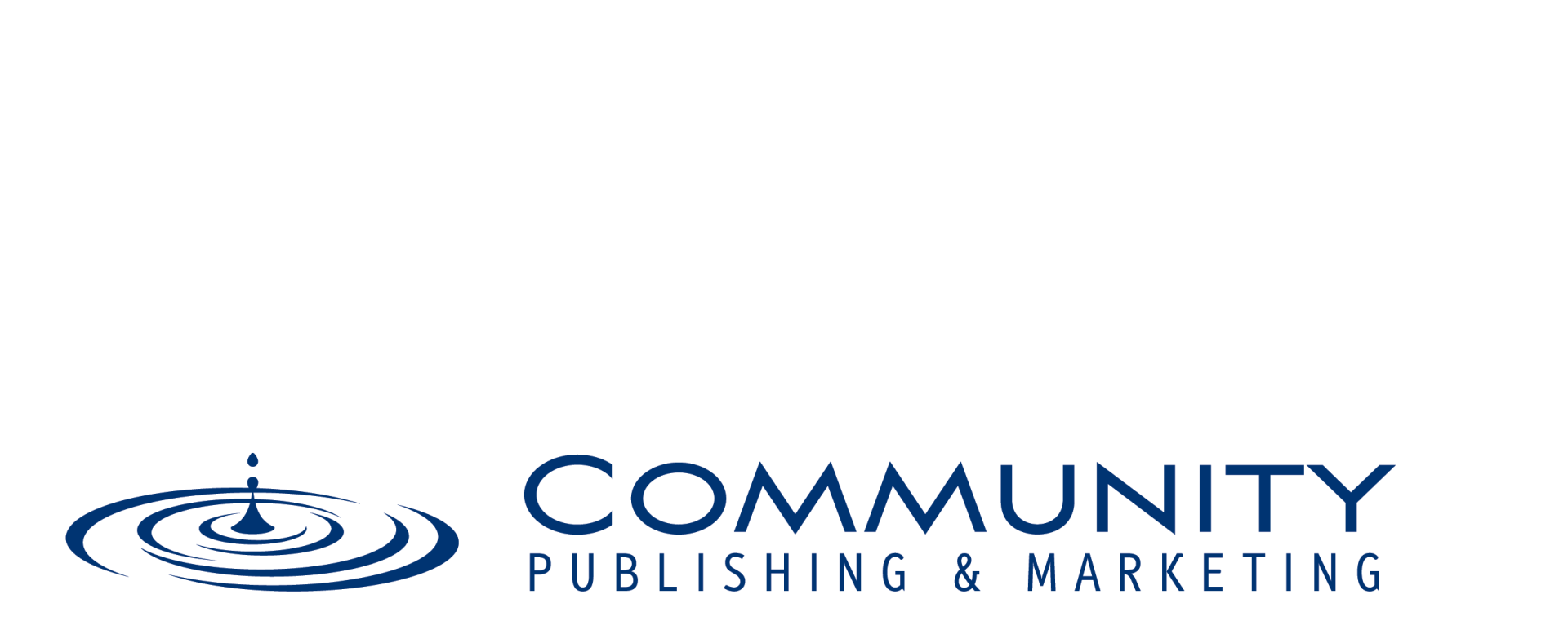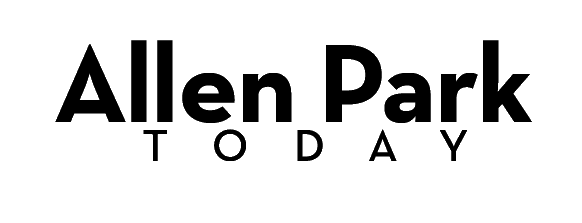Mary Jordan McMaster has been in education for almost 30 years and the strength of a neutron or even a proton doesn’t come close to the power of seeing the light go on for a young student.
“One of the most powerful experiences is watching a kindergarten student analyze data patterns, make sense of a natural phenomenon and then confidently explain their thinking to classmates,” she said. “Moments like these show that we are creating opportunities for students of every age to truly think and act like scientists.”
McMaster, who is both an AP chemistry and chemistry teacher at Allen Park High School and a K-12 science instructional coach, will be the first to tell you that while there is an I in “science” there isn’t one in “team”, and it takes a team to teach, educate and inspire young students in the sciences. And she’s excited about the “amazing things happening in science education” within AP schools.
For example, Maureen Klein, a fourth-grade science teacher at Bennie Elementary, was recently selected as one of 24 fellows statewide by the Michigan Science Teachers Association, highlighting her dedication to advancing science education and empowering fellow educators in the classroom.
“We also had our second-grade team at Bennie (Dayna Davis, Jessica Langtry and Terri Simonds) put together a really cool unit on penguins last year and our second-grade team at Arno (Megan Schutz, Nicole Ammonette and Alex Cervantes) does a STEM challenge every month that is amazing,” McMaster said. “The kindergarten team at Lindemann (Marlene Torok, Candace Ismail, Aubrey Pecshke, and Madi Urista) created an amazing Kinder Garden, an outdoor learning space where the students plant, weed, water, etc.”
The Allen Park science community also features a team of educators who worked for two years field testing a curriculum resource called OpenSciEd for elementary.
“This is a new and free resource gaining traction all over the country,” McMaster said. “They created a MS curriculum first and then added HS and ES. Our MS was an early adopter and our students have been very successful.”
McMaster said science is always evolving – especially in the classroom.
“Science has shifted from memorizing facts to figuring out real-world phenomena,” she said. “Students now investigate, discuss and model ideas while applying evidence to explain their thinking. Instead of teacher-led lessons, science is more student-centered, hands-on and inquiry-driven, helping students act and think like scientists from the earliest grades.
“Our science team here in Allen Park is doing amazing work and there also is a ton of great things going on at all three levels in STEM education,” she added. “I have had incredible opportunities to work with our teachers as we focus on science teaching and learning, and APPS continues to make investments into the area of science and STEM education.”
VIEW IN PUBLICATION










